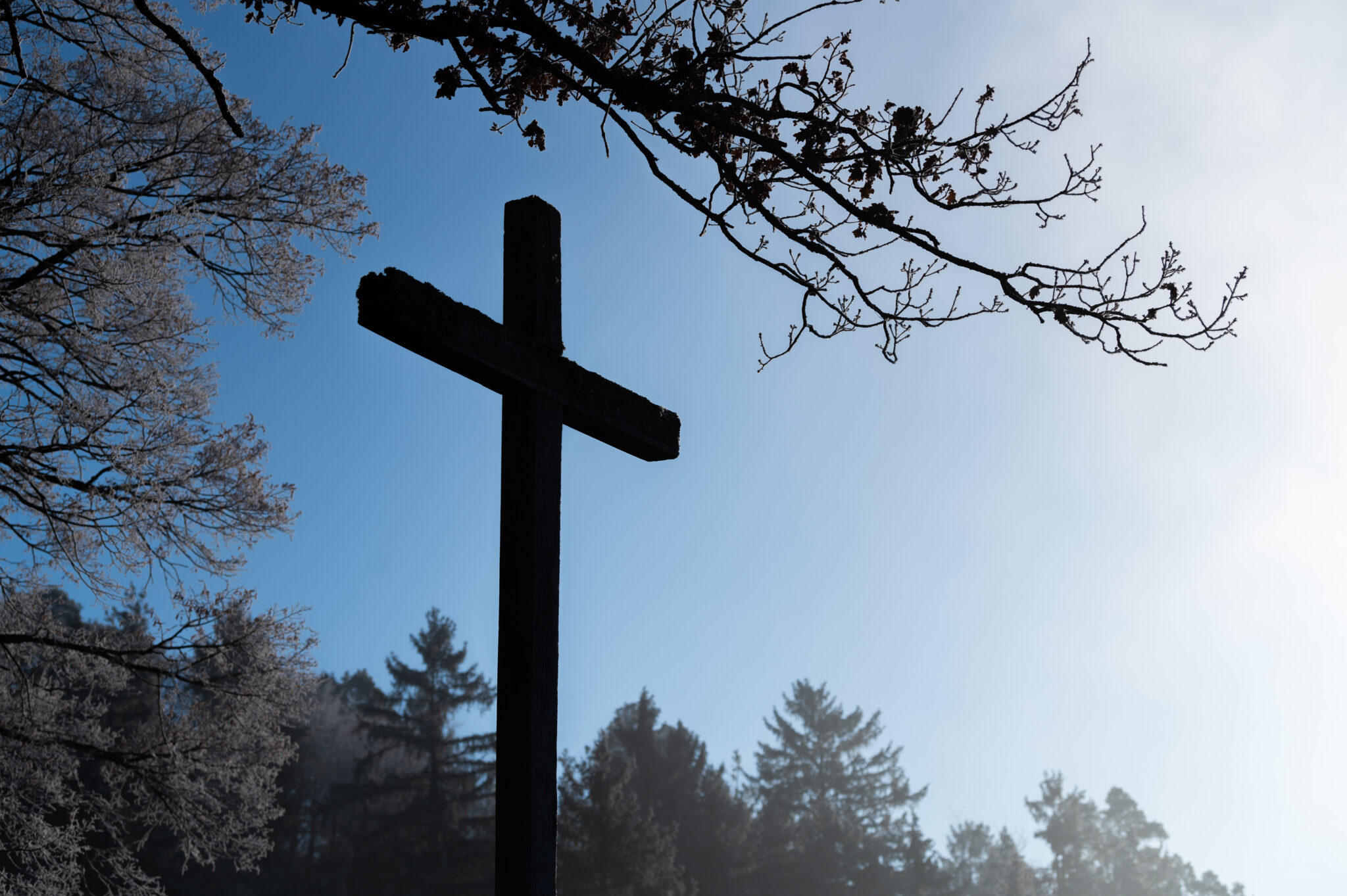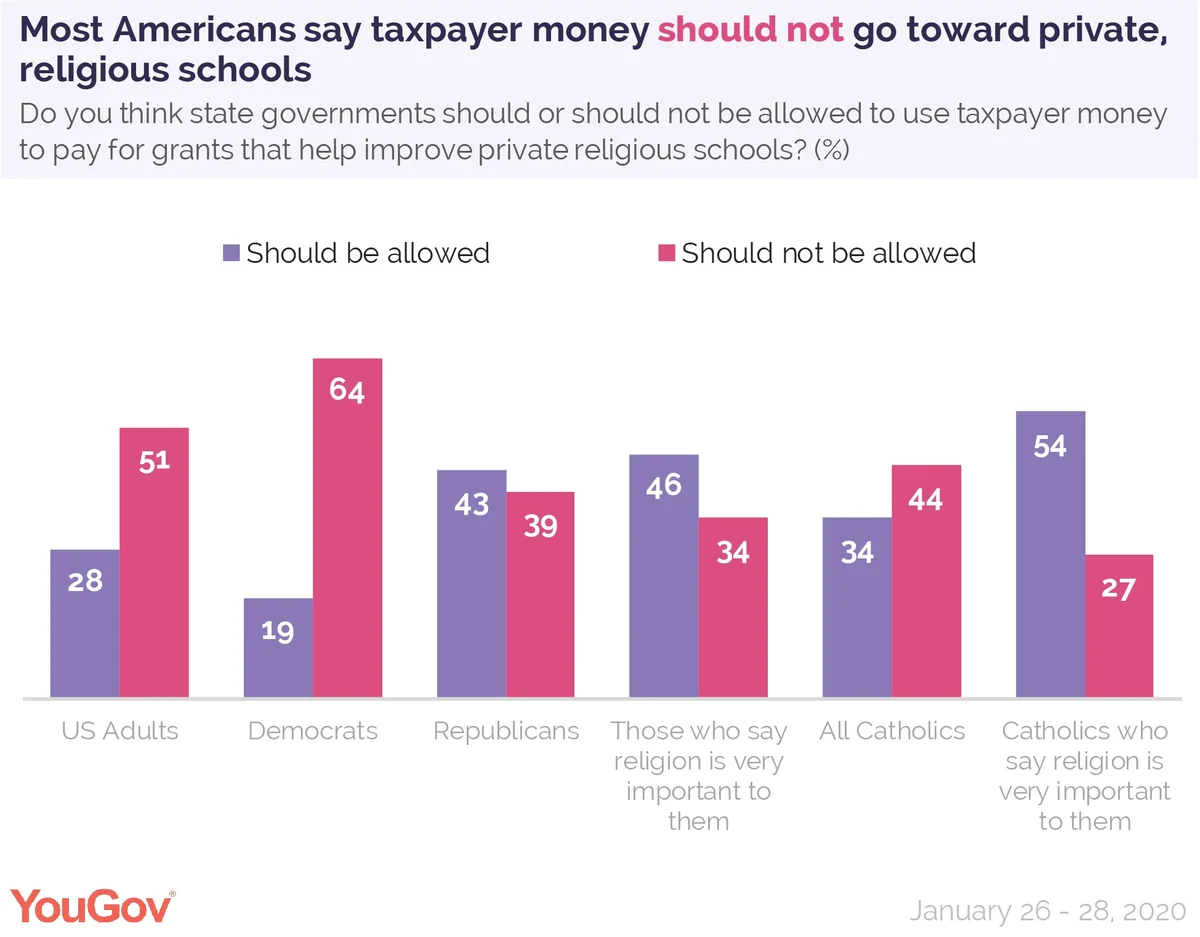In today’s diverse educational landscape, parents are increasingly seeking alternative options to faith-based private schools. Non-religious private schools offer a unique blend of academic excellence and value-based education without the influence of religious doctrine.
/monkeybusinessimages-789ff8605d804b77abae4d537e9b5bc6.jpg)
private schools near me non religious – Clotilde Wiese – Source clotildewiese.blogspot.com
For families who value secular education, non-religious private schools provide an inclusive and intellectually stimulating environment. These schools foster critical thinking, tolerance, and respect for diverse perspectives, preparing students for success in a globalized world.

Across the Boards – Fall 2018 Feature – OPSBA – Source www.opsba.org
Non-Religious Private Schools: Unveiling Excellence in Education
Non-religious private schools are committed to delivering exceptional education that nurtures the whole child. Their curricula emphasize academic rigor, hands-on learning experiences, and character development. Students benefit from smaller class sizes, personalized attention from teachers, and a wide range of extracurricular activities.

Launch/Unveiling of UCC@60 Logo | University of Cape Coast – Source ucc.edu.gh
Debunking Common Myths about Non-Religious Private Schools
Despite the growing popularity of non-religious private schools, some myths and misconceptions persist. One common myth is that these schools are elitist or inaccessible to all. However, many non-religious private schools offer scholarships and financial aid to ensure diversity and affordability.

ArtStation – Cincinnati Christian Schools Crest – Source www.artstation.com
The Hidden Benefits of Non-Religious Private Schools
Beyond academic excellence, non-religious private schools offer a wealth of hidden benefits. They provide a sense of community, where students form lifelong friendships and build strong connections with their peers and teachers. These schools also emphasize social responsibility, encouraging students to make a positive impact on their communities.

Unveiling the Great Lakes by Private Jet – Privaira – Source www.privaira.com
Non-Religious Private Schools: A Closer Look
Non-religious private schools come in various forms, ranging from independent institutions to charter schools. They may offer a diverse range of educational approaches, such as Montessori, Waldorf, or progressive education. However, they share a common goal of providing a high-quality education without religious affiliation.

Private religious schools’ beliefs in the balance as landmark case goes – Source mg.co.za
Tips for Choosing the Right Non-Religious Private School
Selecting the right non-religious private school is crucial for ensuring a successful educational journey for your child. Consider factors such as the school’s academic reputation, curriculum, extracurricular offerings, and overall culture. It’s also essential to visit the school, meet with the faculty, and interact with students to get a firsthand impression.

Should taxes fund religious schools? | YouGov – Source today.yougov.com
The Future of Non-Religious Private Schools
As society continues to evolve, non-religious private schools are expected to play an increasingly important role in the educational landscape. They offer a unique and innovative approach to education, preparing students to thrive in a diverse and interconnected world.

YCIS HK Class of 2011 Reunion – Time Capsule Unveiling – Yew Chung – Source www.ycef.com
Fun Facts about Non-Religious Private Schools
Here are some interesting facts about non-religious private schools:
- Non-religious private schools have been around for centuries, with some dating back to the 18th century.
- These schools often have lower student-to-teacher ratios than public schools, allowing for more individualized instruction.
- Non-religious private schools are known for their strong alumni networks, which can provide valuable connections for students in the future.

Which is better private school or government school? – Agra Schools – Source agraschools.com
How to Get Involved with Non-Religious Private Schools
There are several ways to get involved with non-religious private schools.
- Consider enrolling your child in one of these schools.
- Volunteer your time to support school events or activities.
- Donate to non-religious private schools to help them provide scholarships and financial aid.

Texas Judge Goes Against Gov. Abbott’s Ban, Issues Mask Mandate In – Source dailycaller.com
What if Non-Religious Private Schools Are Not an Option?
If non-religious private schools are not feasible for you, there are several other options available.
- Look into charter schools, which are publicly funded but offer more flexibility and autonomy in their curriculum.
- Explore public schools that have a strong academic reputation and offer a variety of extracurricular activities.
- Consider homeschooling, which allows you to tailor your child’s education to their specific needs and interests.
Listicle of Non-Religious Private Schools
Here’s a list of some of the top-ranked non-religious private schools in the United States:
- Phillips Academy, Andover
- Exeter, New Hampshire
- The Lawrenceville School, Lawrenceville
- New Jersey The College Preparatory School, Oakland
- California Cate School, Carpinteria
Question and Answer
What are the benefits of non-religious private schools?
Non-religious private schools offer a well-rounded education that emphasises academic excellence, critical thinking, and character development in a diverse and tolerant environment.
Are non-religious private schools expensive?
The cost of non-religious private schools varies, but many offer scholarships and financial aid to make them more affordable.
How do I choose the right non-religious private school for my child?
Consider your child’s individual needs and interests, as well as the school’s academic reputation, curriculum, extracurricular offerings, and overall culture.
What are the key differences between non-religious and faith-based private schools?
Non-religious private schools do not have a religious affiliation, while faith-based private schools incorporate religious teachings into their curriculum and daily life.
/monkeybusinessimages-789ff8605d804b77abae4d537e9b5bc6.jpg)